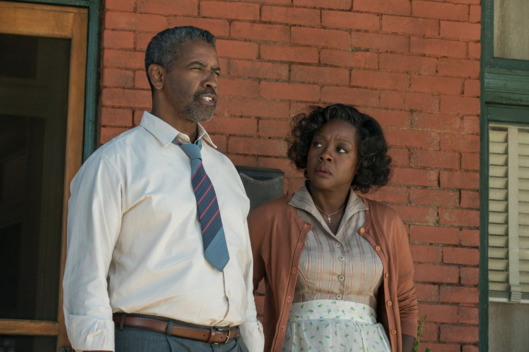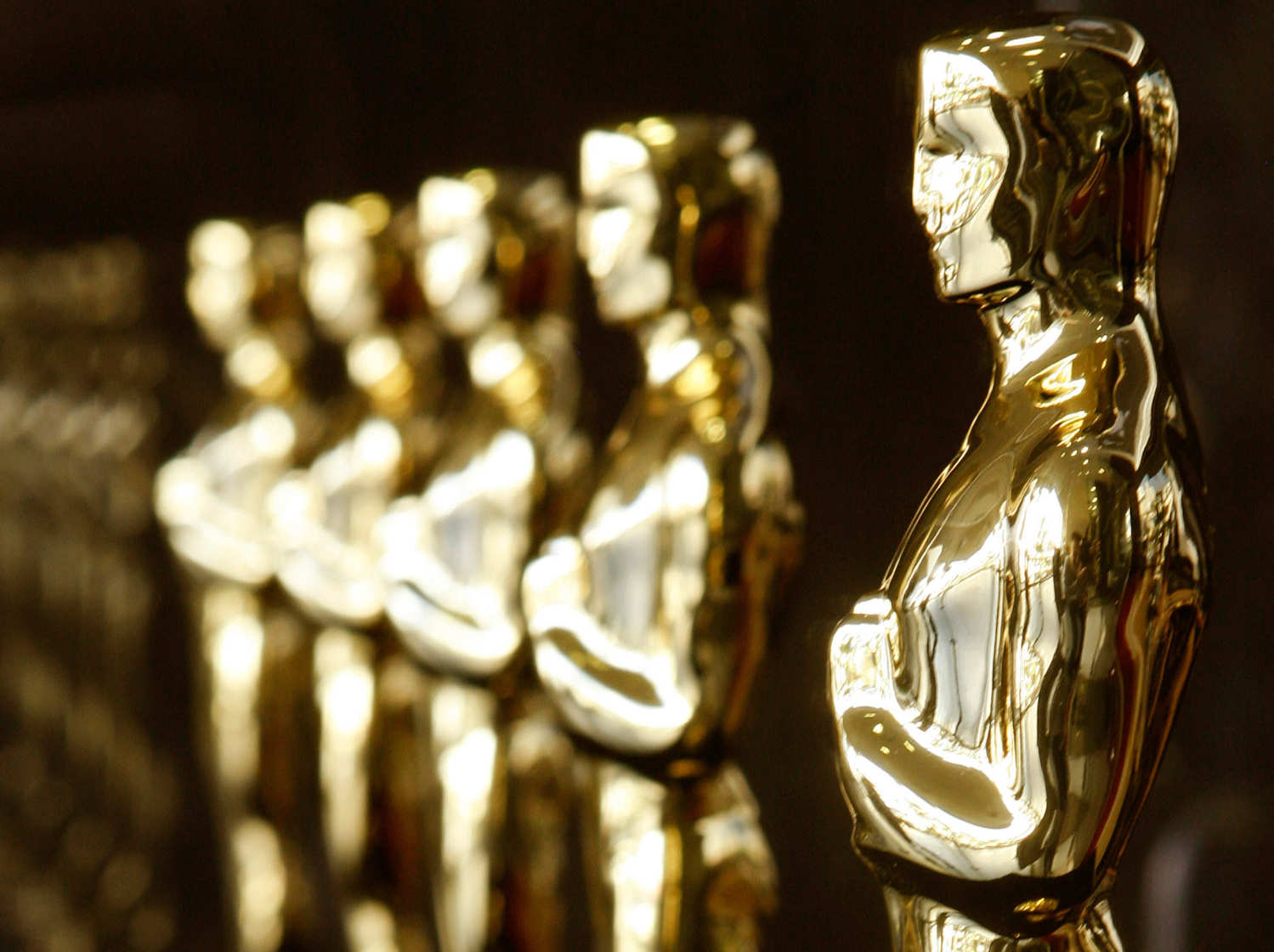Last year at this time, as @ReignofApril’s #OscarsSoWhite hashtag took the world by storm, created to shame the Academy of Motion Pictures Arts & Sciences (the haughty organizational name for The Academy Awards aka the Oscars) for only nominating white actors in their 20 actor and actress slots, I wrote this opinion piece. I criticized the mainstream press for only caring about the story for its sensationalism, not for its merits, a salient case of benign neglect. I was also critical of the wider Black community for its reliance on mainstream press to ‘press’ many subjects (though of course Black media barely exists nowadays to combat this) as well as us all using The Academy as, “the arbiter of good taste and credibility” when regarding cinema.
Well, this year, presumably with The Academy changing their selection rules, there are six Black actors nominated and represented in all the acting categories, the first Black woman nominated, Joi McMillon, for her work on Barry Jenkins’ Moonlight, Jenkins himself nominated for Best Director, Adapted Screenplay, and Best Film, the indomitable cinematographer Bradford Young for Arrival, and four films by Black directors (I Am Not Your Negro, Life, Animated, 13th, and O.J.: Made In America) in the Best Documentary Feature category.
Much like Obama’s presidential election in 2008, this must mean that things are all better for Black folks now. Racism has now ended! (Yes, note the sarcasm.)
Film magazines such as Variety and The Hollywood Reporter, as well as The New York Times, People, and most of the dailies, are heralding these nominations as an end to the “Oscar Diversity Drought,” how “Diversity Makes [A] Comeback,” and how the “Nominations Reflect Broader Diversity,” all as if diversity never truly existed in cinema. There are a few outlets that reflect the reality of what this means, such as Maria Puente’s piece in USA Today which demystifies the simplicity of these noms, and Aisha Harris’ in Slate, which focuses on the Academy finally acknowledging the breadth of stories that don’t focus on slaver or oppression of the African diaspora.
“…these 2016 nominations of Black talent should not stop the fight for diversity and inclusion in film”
Yet, too many are drinking the Oscar diversity Kool-Aid with a belief that change is here to stay. My pessimism in this supposed new reality comes from an expertise in both film history and racist/white supremacist sensibilities when it comes to their seeing the greatness of something they you aren’t used to looking at, lacking that ‘gaze’ beyond a constricted world (regardless of race, creed, etc.), and having little desire to see that be a new reality once the guilt is assuaged. Concurrently, there are actors, directors, and technicians in film doing fantastic work that still cannot break past the marketing machines of bigger films.
For both of these reasons I submit once more that the Black community, and the Black media, need to realize that The Oscars, while rich in film history that I love as much as I am grossed out by, does not have to be the standard by which we judge professional film success. There are other awards, and other standards, that help that success along. They may be regarded as niche, but the Image Awards (NAACP), the Alma Awards, ABFF Honors (American Black Film Festival), and others can be held to the high prominence as the Oscars does, for Black audiences and others.

Moreso, these 2016 nominations of Black talent should not stop the fight for diversity and inclusion in film. Things are changing in casting and employment, that can be seen, but one year of nominations do not signify change, even in this world where instant gratification is even more prevalent. The fight is for stronger representation, where Black actors and the films they appear in do not present them just as poor, enslaved, thugs, whores, and people that represent the worst of society’s woes but as complex individuals living in an even more complex, and yes very racist, world, still rages on. Battles aren’t over, and with that, the way Black audiences see themselves in this world still needs different perspectives.
The Oscars are not the ‘be all, end all’ for how Black actors and Black films should be viewed. The Black audience, aware of who these actors and films are and invested in how we see and present ourselves, is. Access to Black film art, ever growing in multiple ways, will change that from just an Oscar perspective, a Tyler Perry perspective, or even just a Spike Lee perspective, to a rich, globally-minded, still-messy-but-true perspective. This can happen, it will happen – we just have to be emboldened and active to make it so.

